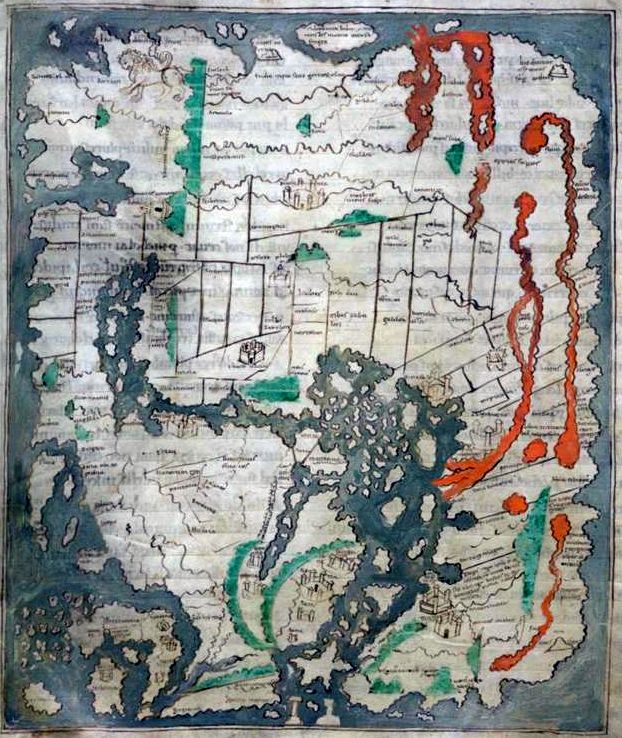What the earliest fragments of English reveal [View all]
http://www.bbc.com/culture/story/20190118-how-migration-formed-the-english-language
The interconnectedness of Europe has a long history, as we’re reminded when we explore the roots of the English language – roots that stretch back to the 5th Century. Anglo-Saxon England “was connected to the world beyond its shores through a lively exchange of books, goods, ideas,” argues the Medieval historian Mary Wellesley, describing a new exhibition at the British Library in London – "Anglo-Saxon Kingdoms: Art, Word, War – that charts the genesis of England".
What we understand as English has its roots in 5th-Century Germany and Denmark, from where the Anglian, Saxon and Jute tribes came. As the Roman legions withdrew around 410AD, so the Saxon war bands (what Rome called ‘the barbarians’) landed and an era of migration from the Continent and the formation of Anglo-Saxon England began. The word “English” derives from the homeland of the Angles, the Anglian peninsula in Germany. Early English was written in runes, combinations of vertical and diagonal lines that lent themselves to being carved into wood and were used by other closely related Germanic languages, such as Old Norse, Old Saxon and Old High German.
The exhibition also includes a charming 11th-Century English map of the world, which gives us an insight into Anglo-Saxon identity. Britain and Ireland are squeezed into the bottom left-hand corner. (The two main population centres in England, London and Winchester, are noted.) The Mediterranean Sea is at the centre of the world’s land mass, with Rome prominent near the bottom on the left (‘Ro’ and then ‘ma’, with towers in between); across the water, Jerusalem is also prominent. Africa looms large on the upper right (follow the orange line up from the Nile delta), and India is the roughly triangular mass at the top centre.
This worldview was inherited from the Romans, who regarded Britain as being on the far edge of the world, but remained tied to the ‘centre’ by the Christian religion. Throughout the Anglo-Saxon era, which ended with the Norman Conquest in 1066, there was religious (and with it, intellectual) traffic across Europe.

